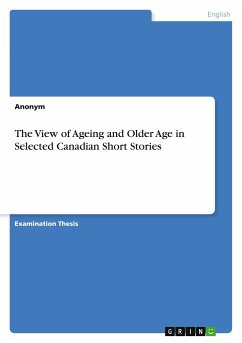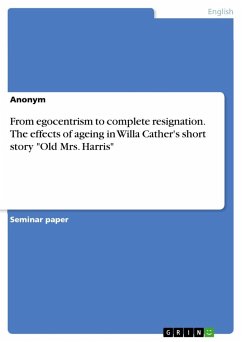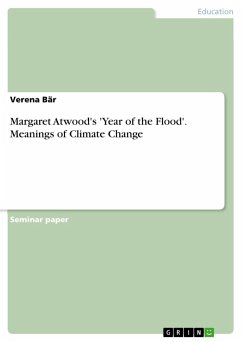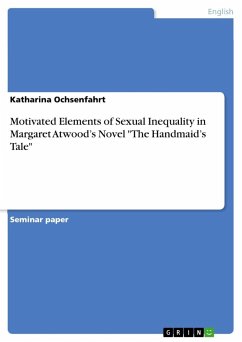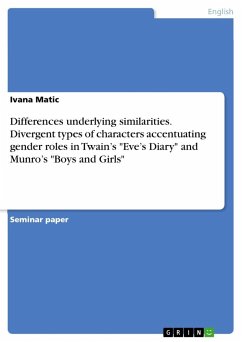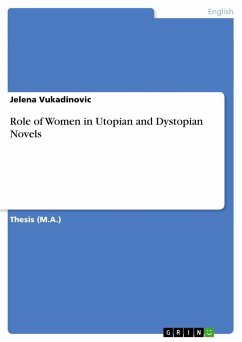Examination Thesis from the year 2017 in the subject American Studies - Literature, grade: 1,0, University of Constance, language: English, abstract: At what age are people considered "old"? Does old age start when people retire and become grandparents, or is it the age of 65 that determines old age, as proposed by many governments and institutions ? Is it someone's physical and mental condition that helps us distinguish between "old" and "not yet old", or does old age start once people talk more about "bygone days" than future events? As a matter of fact, no universal definition of "old" and "old age" exists, simply because these terms are highly relative by nature and differ widely across individuals, cultures, and periods . Although ageing is an "inevitable shared human experience" that starts from the day we are born and ends with our death, most people are reluctant to give any thoughts to this delicate and uncanny subject, at least, as they are young and healthy. Yet, the subjects of ageing and older age are becoming more and more important due to the increasing life-expectancy and the growing number of older people in most countries around the world. The fact that people today live longer than ever before in human history can be regarded as a great societal achievement, but it has ironically created new problems for individuals and society as a whole. The prevalence of age-related chronic diseases such as Alzheimer's increases with age and causes new challenges for affected people and their families . Moreover, health care costs have dramatically increased in most western societies and the burden of these costs continues to shift to younger generations who have to care for an increasing number of older people. These and other issues have given rise to a public and academic discourse on ageing and older age that is marked by ambiguity and scepticism, reflecting people's mixed feelings about the subject matter. Apart from economic and financial issues, older age has long been perceived as a period of decline and deterioration, while positive aspects and opportunities have not been taken into account. This overemphasis on negative aspects of ageing has also been facilitated by an "obsession with youth" , promoted by the media, consumerism, popular culture, and the fashion industry . Moreover, as Sugar et al. argue, "there has been a lack of recognition [...] of the realities of an aging population" .
Hinweis: Dieser Artikel kann nur an eine deutsche Lieferadresse ausgeliefert werden.
Hinweis: Dieser Artikel kann nur an eine deutsche Lieferadresse ausgeliefert werden.

